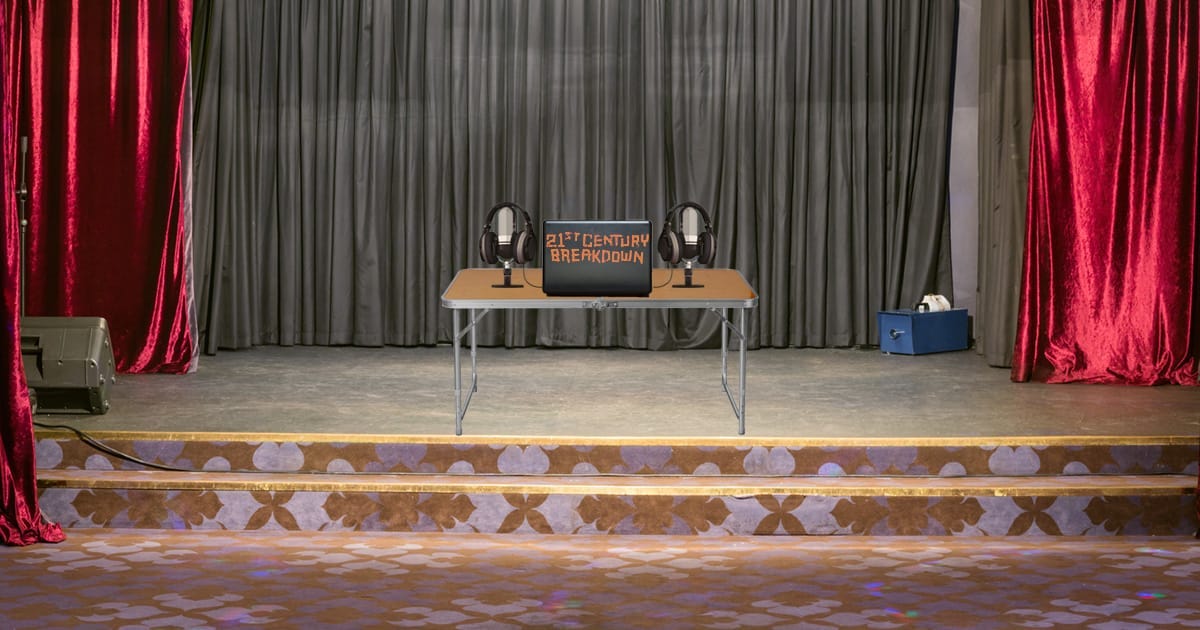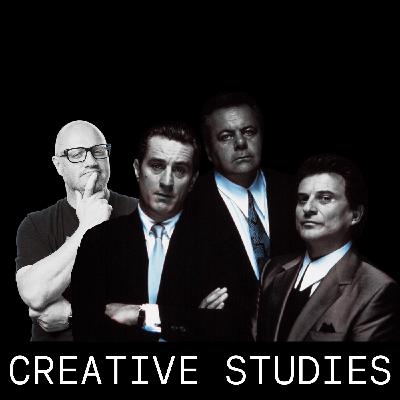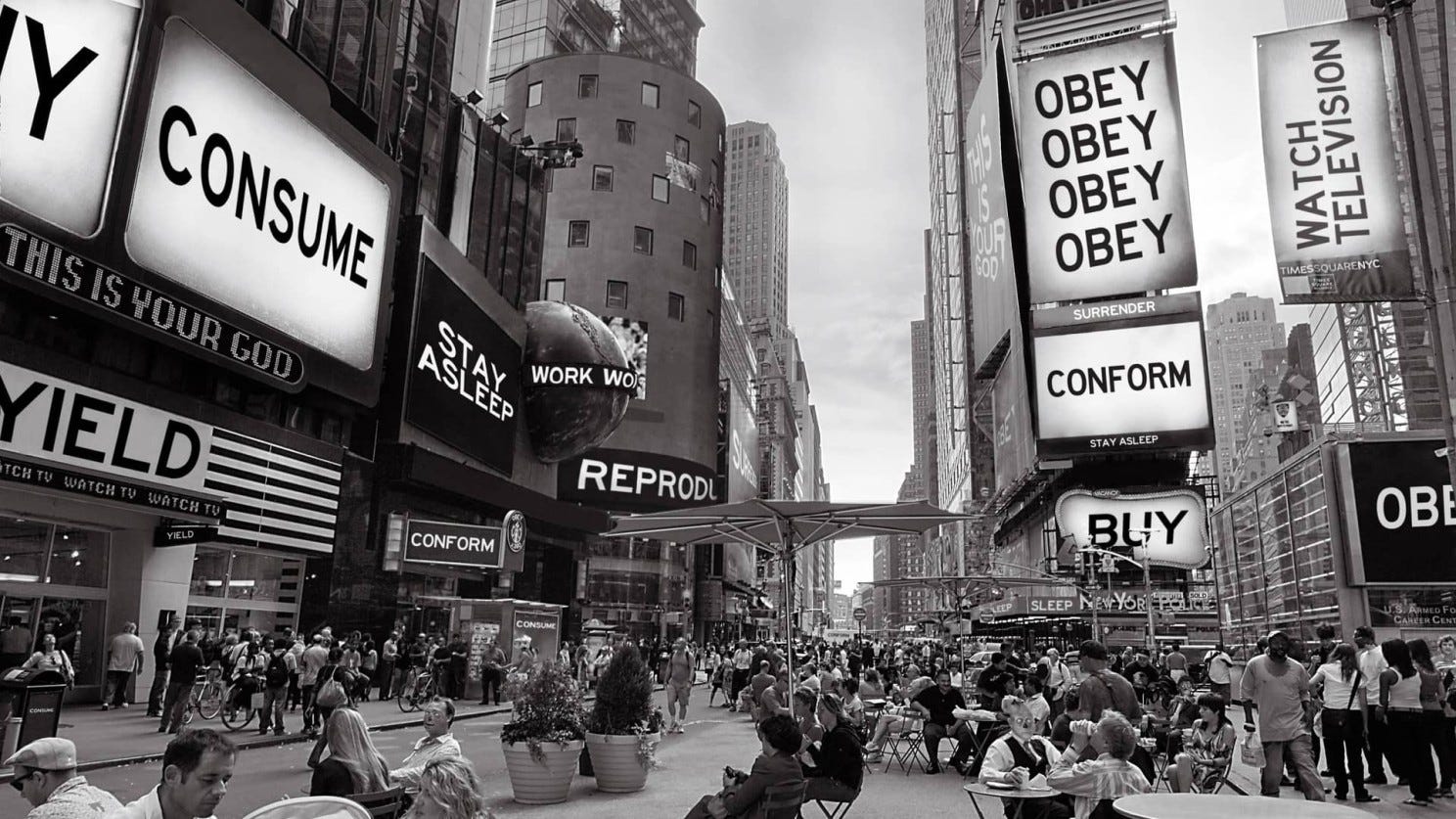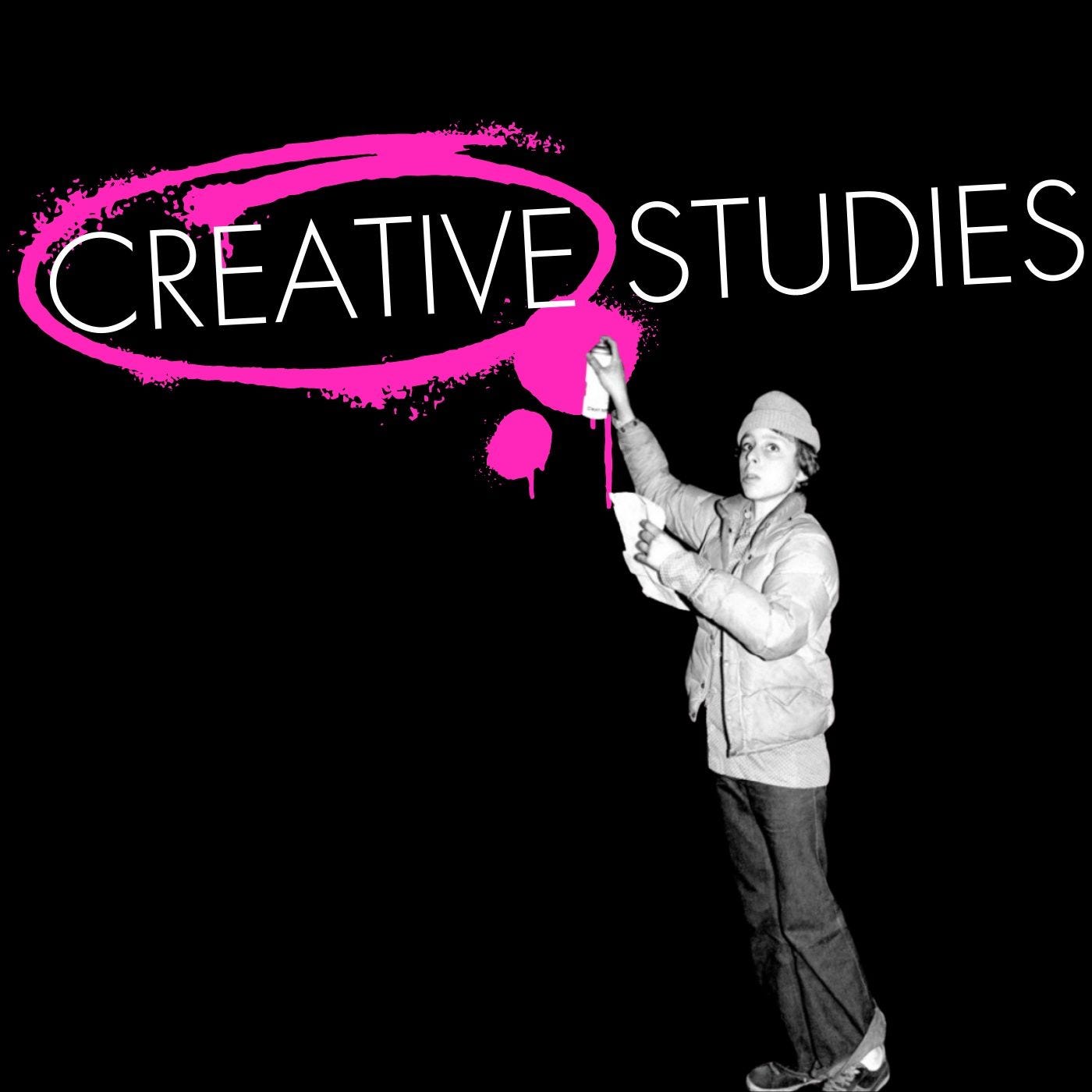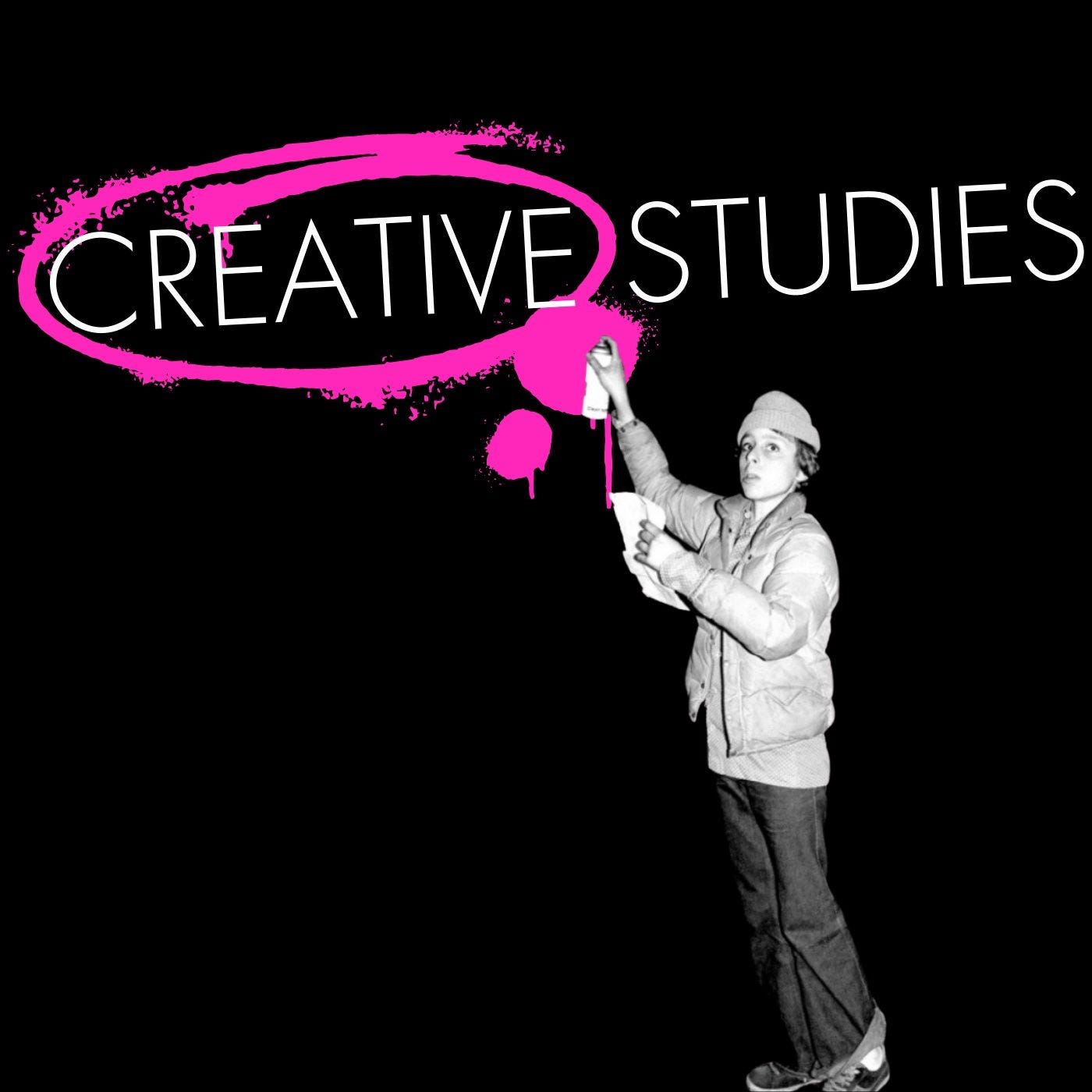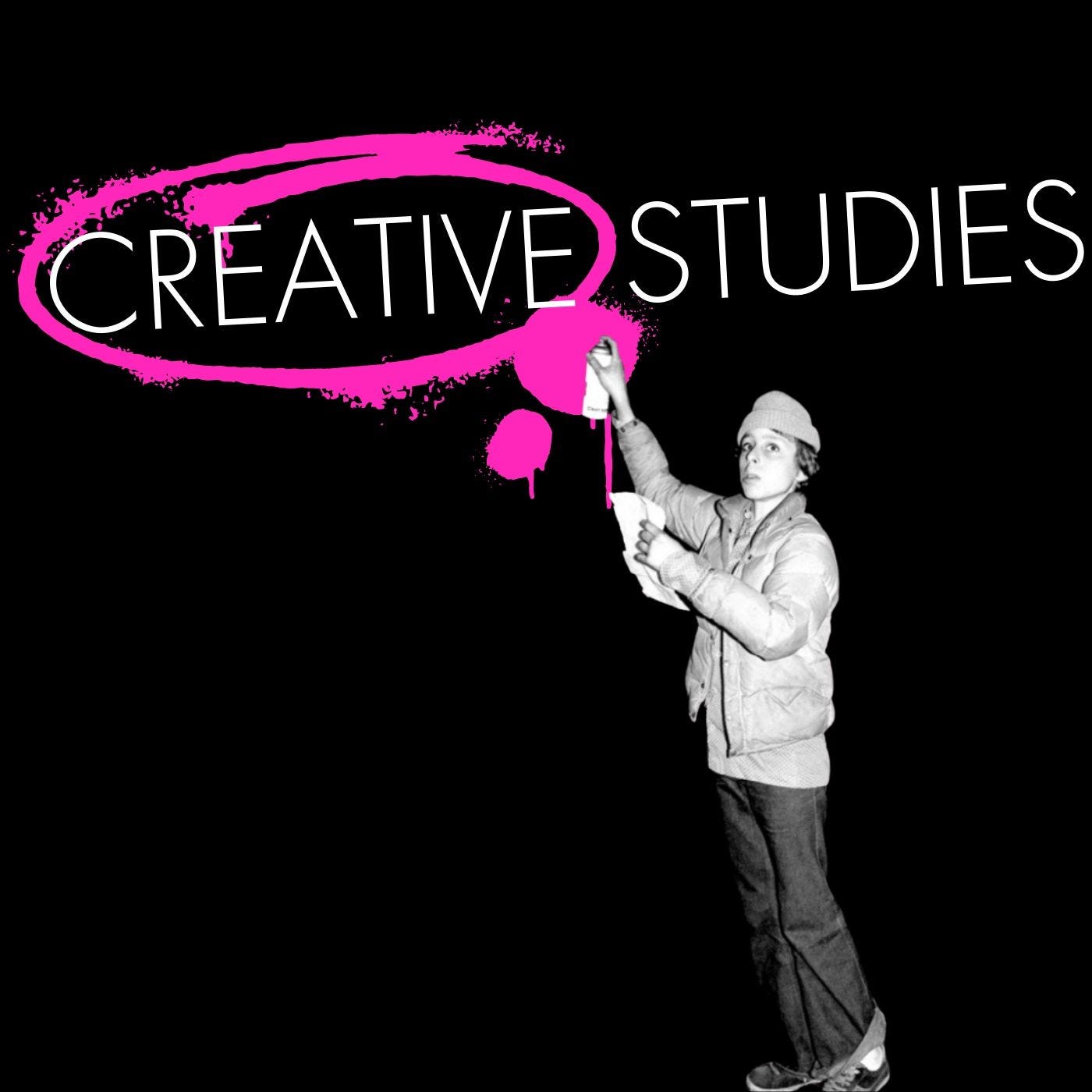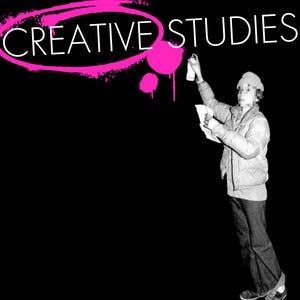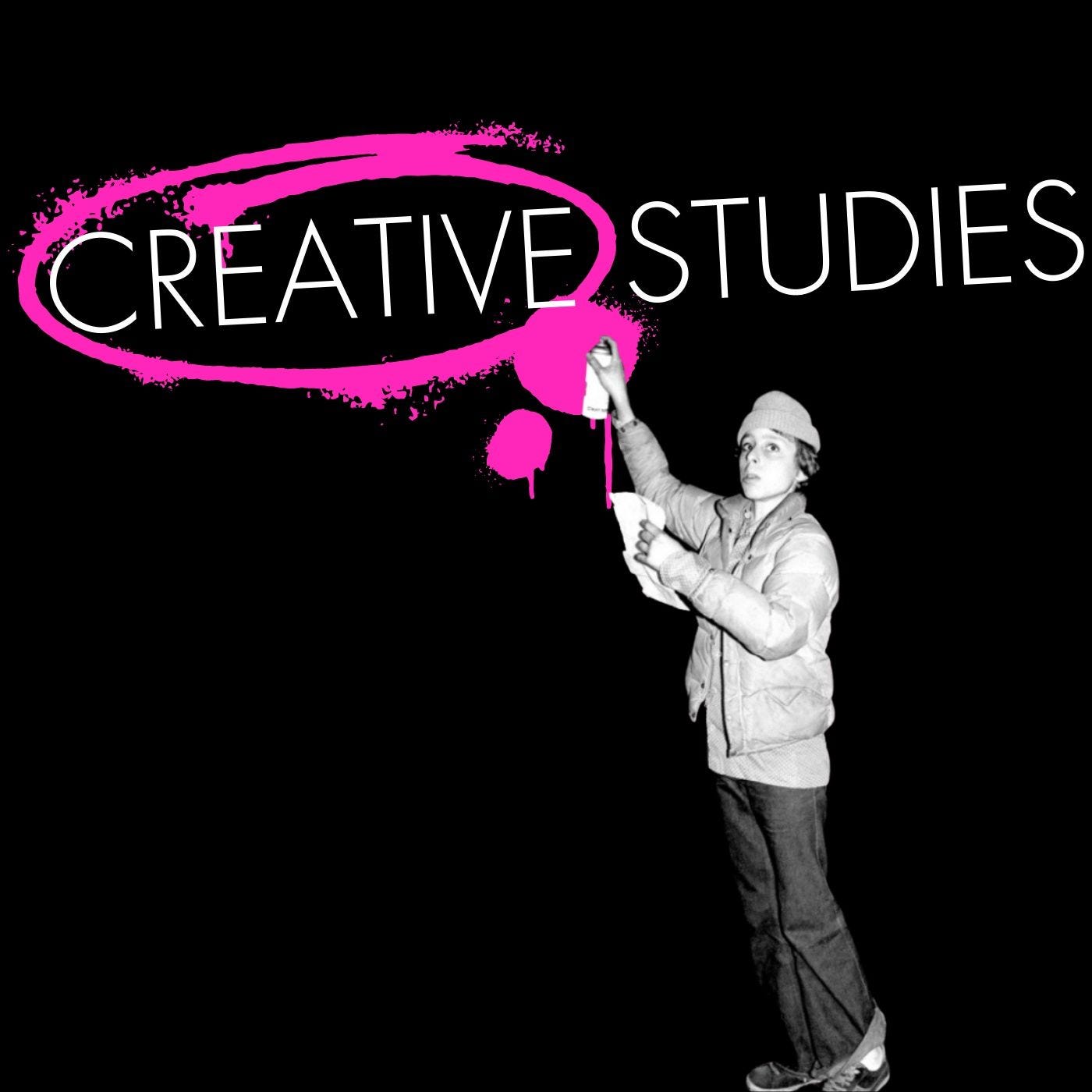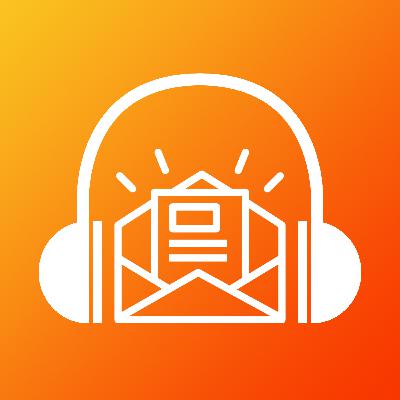Revolution Calling
Description
Creative Studies is made possible by Dropbox Dash. Search the way you think.
Dropbox Dash is your AI teammate that surfaces the content and context you need to stay focused and on track. Cut through chaos with Dropbox Dash, your AI teammate
In 2008 James Surowiecki wrote the book “Here Comes Everybody.” In it, he made the case that digital connectivity has democratized organization and communication, reshaping how communities form and how collective action happens in the modern world.
We’re now seeing that play out 18 years later as the book reaches a maturation state moving from merely a hypothesis to real life case studies.
Shirky documented what is now showing up in every human state of affairs including politics, business and education. And we’re just at the beginning state of this tipping point.
One of the biggest real life case studies happened recently that may actually dial all of this up to eleven to use a terminology from Spinal Tap.
Zohran Mamdani was elected mayor of New York City as a Democratic Socialist. Many point out he did this solely using social media. But what he really did was utilize organizing without organizations. And using something usually not talked about in our heavy technocratic narratives. He got people talking with one another in real life spaces again in one of the biggest cities in the world. And they did this without any formal organization. He copy and pasted Shirky’s hypothesis into real life. Mamdani relied heavily on a decentralized group of volunteers who canvassed for him around progressive policies and a vision that is long overdue to be implemented in a city that has become the playground of billionaires.
As The New York Observer review of Shirky’s book stated, “For the first time in history, the tools for cooperating on a global scale are not solely in the hands of governments or institutions. The spread of the internet and mobile phones are changing how people come together and get things done - and sparking a revolution that is changing what we do, how we do it, and even who we are.”
While the internet is not new, how we are finally using it seems to be rewriting outdated playbooks and systems from a big media monocultural era. This is leading to a reform revolution right before our very eyes where how we viewed the world the past 40 years is no longer how it will function for the next 40. Mainly because the past worked like a military hierarchy. The present? Like a flat collective where everyone has equal power to contribute and be a participant more than a witness.
This, along with an economic system in need of a Nu “New Deal” is making us teeter on the edge of a reset. So what is holding back the complete overhaul of outdated organizational design systems? Is it technology? Probably not, as technology is all around us. Is it the lack of vision to implement new ways of thinking? Maybe, but we’re seeing those cracks now showing as more progressive candidates get elected into office using crowdfunding techniques. Most likely it is the hoarding of power by old systems unwilling to simply give up power. It’s a classic tale of a power struggle. New vs. Old. Future vs. Past.
We know through history how this all plays out. There are 8 stages of collapse. We’re in stage 7. What’s stage 8? Reform or revolution. Note that there is a possibility of reform OR revolution in stage 8. Not everything has to be violently destroyed to be rebuilt.
Reform only happens when we can pay attention to what truly matters when it comes to disruption. Things that are “outside the lines” of our purview. Today we note that AI or the Intelligence Age will be the largest change on our society moving forward similar to how many believed the Space Age and the Atomic Age would make the most important impact on eras of the past. And yet if we look at the past from the present we realize quickly that it was the transistor and birth control pill that were much more revolutionary than either rockets or nuclear bombs.
As Shirky notes: “They changed society precisely because no one was in control of how the technology was used, or by whom. That is happening again today.”
Technology tools are not simply technology tools. Technology tools are social change agents.
Mamdani showed exactly this when he went from a 1% nobody one year ago to a 50% voting mayor-elect majority ushering in the dawn of a new era on organizing without organizations.
He is not the first to run an organization without organizing and most certainly won’t be the last.
To hear more, visit creativestudies.substack.com



